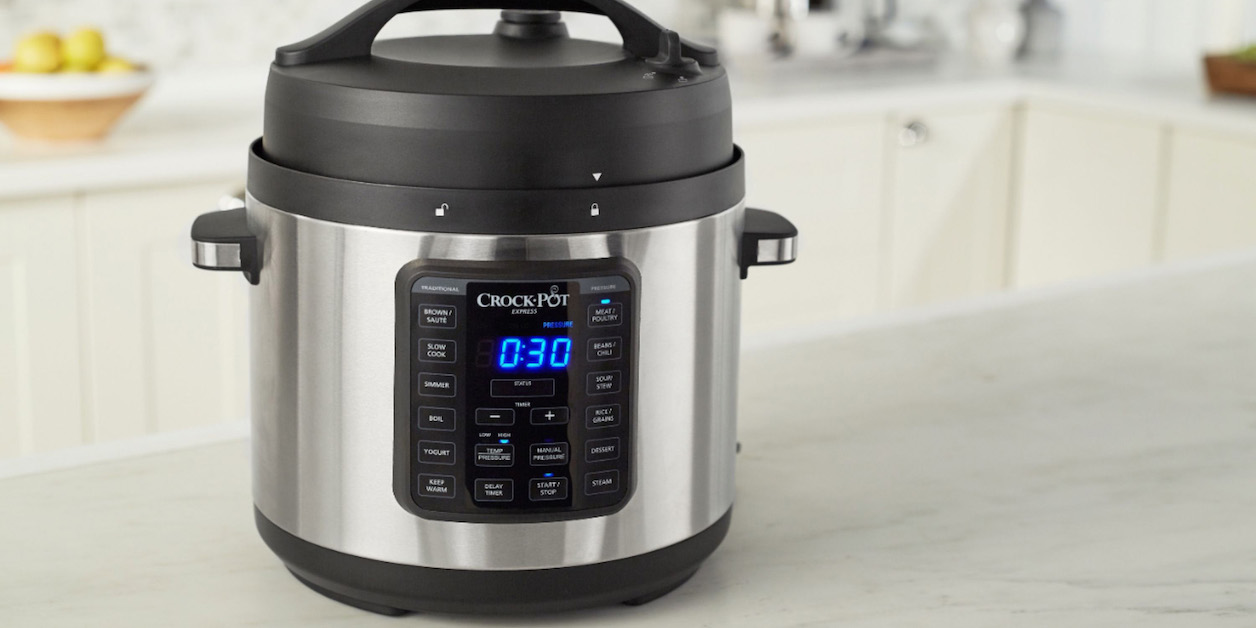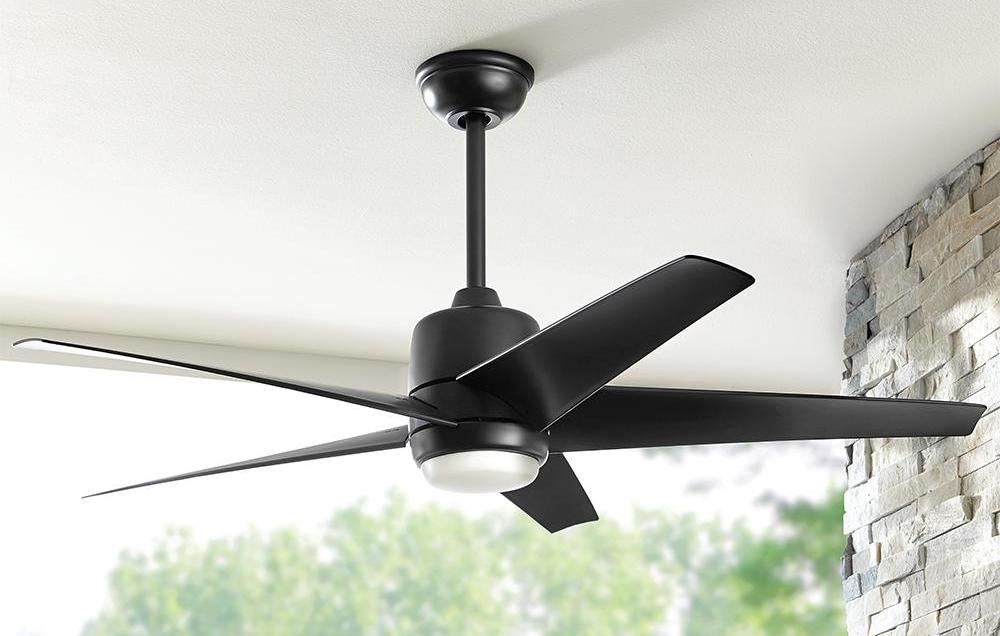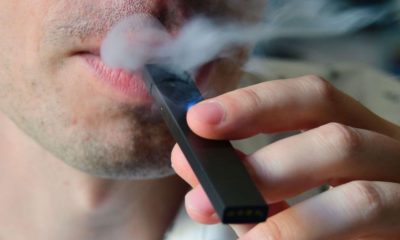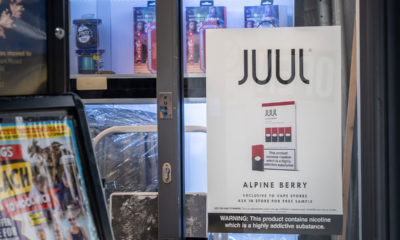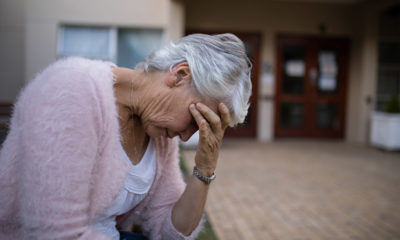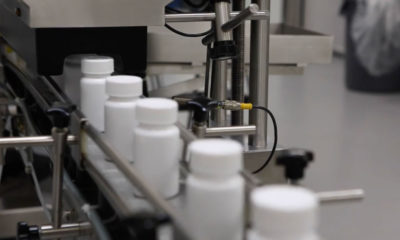As states enact laws against vaping products, many store owners must choose either to stock other products or close their businesses. In some cases, they may even be adding cigarettes to their inventory as a way to stay in business while maintaining compliance with the law.
Fewer Vaping Shops in the Future
In New Jersey, nearly 300 shops base most of their inventory on products that will soon be illegal to sell. The state has developed one of the toughest laws in the country by banning all vaping liquids with nicotine unless they taste like tobacco. That ban includes menthol along with fruit flavors. It also includes cartridges as well as e-cigarettes and larger vaping devices. Disposable vaping products must be removed from shelves in the state by mid-April.
New Jersey’s law is tougher than what is being enforced by the US Food and Drug Administration (FDA), which has focused on eliminating fruit-flavored products. It doesn’t include disposable vaping products on the list. However, several states have enacted tougher laws against vaping than what the federal government is doing. New Jersey has one of the toughest laws by including disposable products.
In response to the law, several shops are making plans to close. Others are adding new inventory, such as tobacco products, pipes and CBD oil.
Vaping is Big Business
The FDA and individual states are fighting to reduce the increasing number of underage vapers, including both high school and elementary kids. According to the National Youth Tobacco Survey, about five million vapers are teenagers or younger. This averages out to one in four students in high school and one in ten students in middle school.
Vaping businesses are reaping the benefits of underage vaping with an increase of over double the sales from 2014 in 2019. In 2014, it was reported that vaping sales reached $1.5 billion while in 2019 it was at $3.6 billion.
Along with other states enacting laws similar to New Jersey, individual cities are outlawing many of these products. San Francisco and New York City are two high profile cities that have set their own regulations against vaping products.
Physical locations claim that teens aren’t getting their products from them since they require anyone to be over the age of 21 to make a purchase. They claim that online sales are where teens are accessing the products, which still remain available.
Even though the vaping illness which drew attention to the dangers of e-cigarettes and underage vaping hasn’t made the headline news lately, it’s still a problem throughout the country. The rates of new diagnoses have dropped, but new cases are still occurring. While some people have stopped vaping because of the health scare, others are still buying the products.
Both sides feel strongly on the issue with agencies like the Centers for Disease Control and Prevention saying that stronger measures need to be in place to prevent teens from getting these products. Advocates for vaping say that the strict measures are preventing adult smokers from getting off tobacco products.


